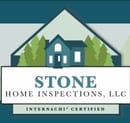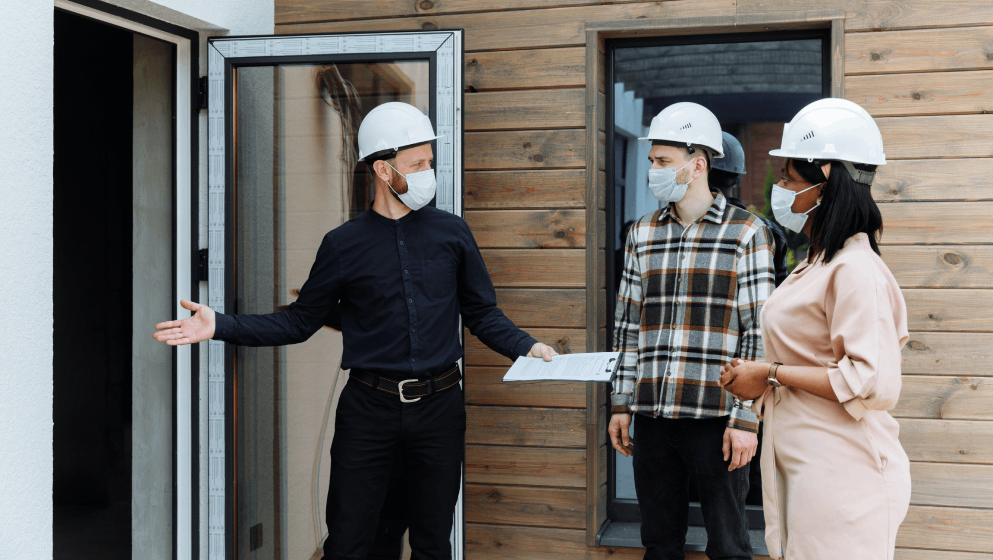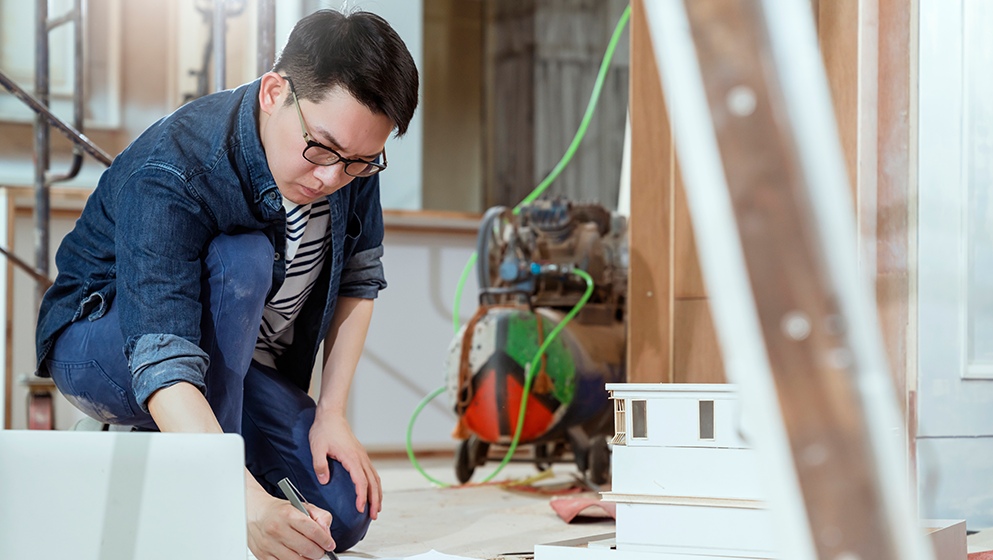Home inspections play a crucial role in assessing the condition of a property and identifying potential issues. However, there is a debate between do-it-yourself (DIY) inspections and professional inspections regarding their effectiveness and reliability. This article aims to explore the key differences between DIY and professional home inspections. It will compare the scope of inspection, expertise and knowledge, accuracy and thoroughness, time and effort, and cost considerations.
When it comes to the scope of inspection, professional home inspections typically encompass a broader range of areas and systems compared to DIY inspections. Professionals possess specialized knowledge and experience, allowing them to identify hidden problems that may not be apparent to inexperienced individuals.
The accuracy and thoroughness of a home inspection can significantly impact the overall assessment of a property’s condition. Additionally, the time and effort required for conducting a thorough inspection can be a determining factor for homeowners.
Finally, cost considerations play a vital role in choosing between a DIY or professional inspection. By comparing these aspects, readers will be able to make informed decisions regarding which approach is more suitable for their specific needs.
Scope of Inspection
The scope of a professional home inspection is comprehensive and thorough, encompassing all major systems and components of the property. Professional inspectors are trained to conduct invasive inspections, where they may use specialized tools and techniques to access concealed areas of the home, such as crawl spaces, attics, and behind walls.
They carefully examine the structural integrity of the building, inspect the electrical and plumbing systems, assess the functionality of heating and cooling systems, and evaluate the condition of the roof and foundation. Moreover, they inspect for potential safety hazards, such as faulty wiring or mold growth.
In contrast, DIY inspections typically focus on non-invasive inspections, where homeowners may conduct visual assessments of the property without the same level of expertise and knowledge. While DIY inspections can provide a basic understanding of the property’s condition, they may not uncover underlying issues that could be costly to repair.
Transitioning to the subsequent section, expertise and knowledge play a crucial role in ensuring a comprehensive evaluation of the property.
Expertise and Knowledge
Expertise and knowledge play a crucial role in distinguishing between do-it-yourself home inspections and those conducted by professionals.
When it comes to home inspections, professionals possess a level of expertise and knowledge that comes from years of experience and training in the field. They have a deep understanding of building codes, regulations, and industry standards, which enables them to assess a property comprehensively and accurately.
Professionals are well-versed in identifying potential issues, such as structural problems, faulty electrical wiring, or plumbing issues, that may not be immediately apparent to an untrained eye. Their expertise allows them to conduct a thorough examination of the property, ensuring that nothing is overlooked.
On the other hand, do-it-yourself inspections may lack the same level of detail and knowledge. While homeowners may be able to address basic maintenance and identify obvious issues, they may not have the necessary expertise to identify hidden or complex problems. As a result, their assessments may be limited in accuracy and thoroughness.
Transitioning into the subsequent section about accuracy and thoroughness, it is important to highlight how professional inspections excel in these areas.
Accuracy and Thoroughness
Accuracy and thoroughness are crucial aspects of a comprehensive property examination, ensuring that all potential issues, including hidden or complex problems, are properly identified. Professional home inspections often involve the use of specialized tools that enable inspectors to detect problems that may not be visible to the naked eye. These tools may include thermal imaging cameras, moisture meters, and electrical testers, among others. By using these tools, professionals can accurately assess the condition of a property and provide a detailed report of their findings.
In addition to using inspection tools, professional inspectors have the expertise to interpret the results and provide a comprehensive analysis. They are trained to understand the intricacies of various systems and components in a home, allowing them to identify potential issues and offer appropriate recommendations. This level of knowledge ensures that nothing is overlooked during the inspection process, leading to a more accurate assessment of the property’s condition.
On the other hand, DIY inspections may lack the same level of accuracy and thoroughness. Without the proper tools and expertise, homeowners may miss important details or misinterpret the significance of certain findings. This can result in incomplete or inaccurate assessments, potentially leading to costly repairs or overlooked safety hazards.
Moving forward to the next section about ‘time and effort’, it is important to consider the trade-off between conducting a DIY inspection and hiring a professional.
Time and Effort
Efficiency is a key consideration when deciding between conducting a property inspection or hiring a professional, as the time and effort required for each option can significantly differ.
When opting for a DIY inspection, individuals must be prepared to invest a considerable amount of time into the process. Conducting a thorough inspection requires a significant time commitment, as one must carefully assess every aspect of the property, from the foundation to the roof. Additionally, individuals need to familiarize themselves with the various systems and components of a home, such as electrical, plumbing, and HVAC, increasing the time required for a comprehensive evaluation.
On the other hand, hiring a professional home inspector can save significant time and effort. These professionals have the necessary training and experience to efficiently evaluate a property, allowing for a more streamlined inspection process. Furthermore, professional inspectors possess the skill level needed to identify potential issues that may be overlooked by an untrained individual.
Considering the time commitment and skill level involved, it is important to also consider the cost considerations when deciding between DIY and professional home inspections.
Cost Considerations
When considering the cost of home inspections, it is important to take into account both the expenses associated with a DIY inspection and the fees charged by professional inspectors.
DIY inspections may seem like a cost-effective option at first, as they do not involve hiring a professional. However, it is crucial to note that DIY inspections often require the purchase or rental of specialized equipment, which can add up quickly.
On the other hand, professional inspection fees vary depending on the size and location of the property, but they generally range from a few hundred to a few thousand dollars.
DIY inspection expenses
The cost of conducting a DIY home inspection can vary significantly depending on the tools and resources utilized. While a DIY inspection may seem like a cost-effective option, it is important to consider the limitations of this approach.
DIY inspections rely solely on the homeowner’s knowledge and expertise, which may be limited compared to that of a professional inspector. Additionally, DIY inspections may not provide a comprehensive assessment of the property, as homeowners may overlook certain areas or fail to identify underlying issues.
However, there are certain benefits to DIY inspections, such as the flexibility to conduct the inspection at one’s convenience and the potential to save money. Nonetheless, it is crucial to recognize the potential risks and limitations of DIY inspections before deciding whether to pursue this route.
Moving on to professional inspection fees…
Professional inspection fees
One important consideration in terms of cost is the fee associated with engaging a qualified inspector to conduct a thorough assessment of the property. Professional inspection pricing varies depending on factors such as the size, location, and age of the property, as well as the complexity of the inspection required.
On average, professional home inspections can range from $300 to $500, but this cost may increase for larger or more complex properties. While this may seem like a significant expense, it is important to remember that professional inspectors have the expertise and experience to identify potential issues that may not be evident to untrained eyes.
By uncovering hidden problems early on, professional inspections can potentially save homeowners from costly repairs and further expenses down the line. Therefore, although DIY inspections may offer initial savings, the investment in a professional inspection can provide long-term financial benefits and peace of mind.
Conclusion
In conclusion, when it comes to home inspections, there are significant differences between a DIY approach and hiring a professional.
Professional home inspections offer a broader scope of inspection, as well as the expertise and knowledge required to identify potential issues accurately and thoroughly.
Additionally, professional inspections save time and effort, as experts can efficiently assess the entire property.
While DIY inspections may seem cost-effective initially, the long-term costs of missed or overlooked problems can far outweigh the initial savings.
Therefore, investing in a professional home inspection is a wise decision for homeowners.





